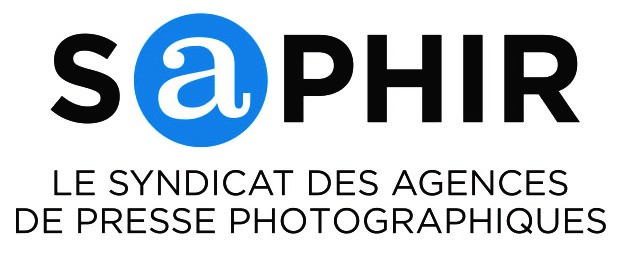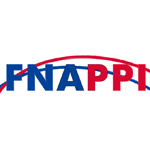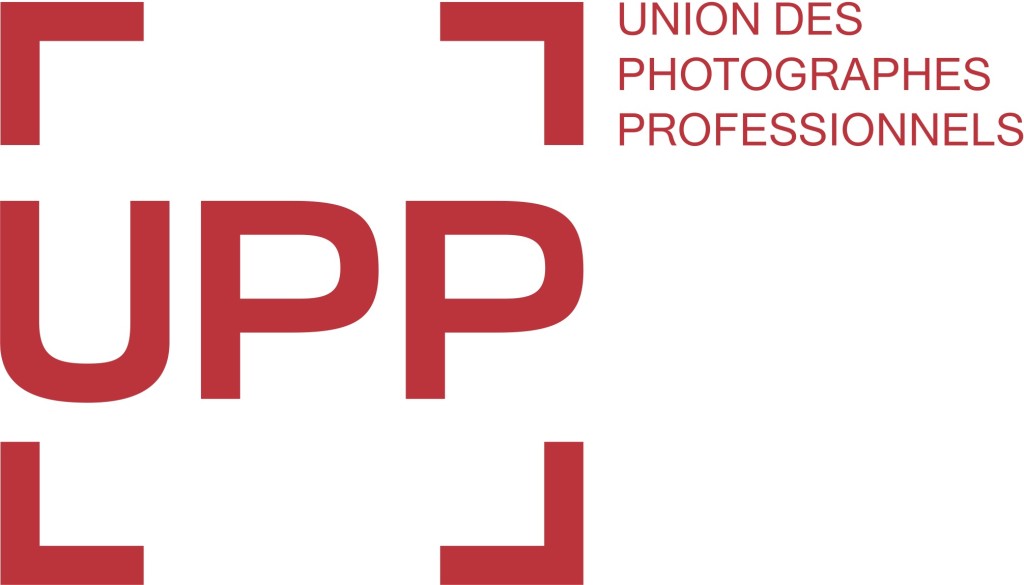On 27 August, Google has sent a response to the SO (Statement of Objections) issued in April this year.
The full Google blog may be read HERE.
The SO and Google response all refer to the so-called “first concern” expressed by the EC against Google’s practices and relates to self-preferencing in showing Shopping results.
Getty Images has joined this first concern in June this year. (Press Release HERE)
For more information on the four concerns, click HERE
In their response, Google stresses how competitition does not suffer at all from their practices:
” We use traffic analysis to rebut claims that our ad displays and specialized organic results harmed competition by preventing shopping aggregators from reaching consumers. Economic data spanning more than a decade, an array of documents, and statements from complainants all confirm that product search is robustly competitive.”
… and how consumers are best served by these practices:
“But our central point is our consistent commitment to quality — the relevance and usefulness of our search results and the ads we display. In providing results for people interested in shopping, we knew we needed to go beyond the old-fashioned “10 blue links” model to keep up with our competitors and better serve our users and advertisers.“
Google mentions Ebay and Amazon as successful competitors who make it at the top of their first page. But what about small and medium companies? Do they have to pay to be on page 1? Michael Weber of Hotmap calls this “paying for innovation”.
BUEC, the European Consumer Protection organisation, a complainant at the EC, disagrees that Google’s favouring of its own products is any good for consumers: LINK
“Consumers do value and find useful the overall way Google displays the results and the improvements introduced since the so-called “10 blue links”. But consumers also go to Google trusting its search results to be impartial and based solely on relevance. Ads and biased results do not benefit consumers. Therefore we find it very hard to see Google’s practices as an improvement in quality, like the company suggests.”
Fairsearch’s lawyer Vinje reminds on Fairsearch blog on how defendants in big antitrust cases in the past have always used the same exact line of argumentation : the Commission got all wrong, we are doing everything right etc.
Google, however, has refused to take part on a hearing on the issue. As pointed out in this blog article by ICOMP : “We have long believed that transparency and a meaningful debate is in everyone’s best interest, and an oral hearing is an important step in ensuring that such a debate takes place.”
The Commission will decide in the next few months whether to fine Google or drop charges.
Meanwhile, the Commission is still investigating a number of other concerns relating to Google’s search and advertising businesses. This includes the CEPIC case on Google Images.
















